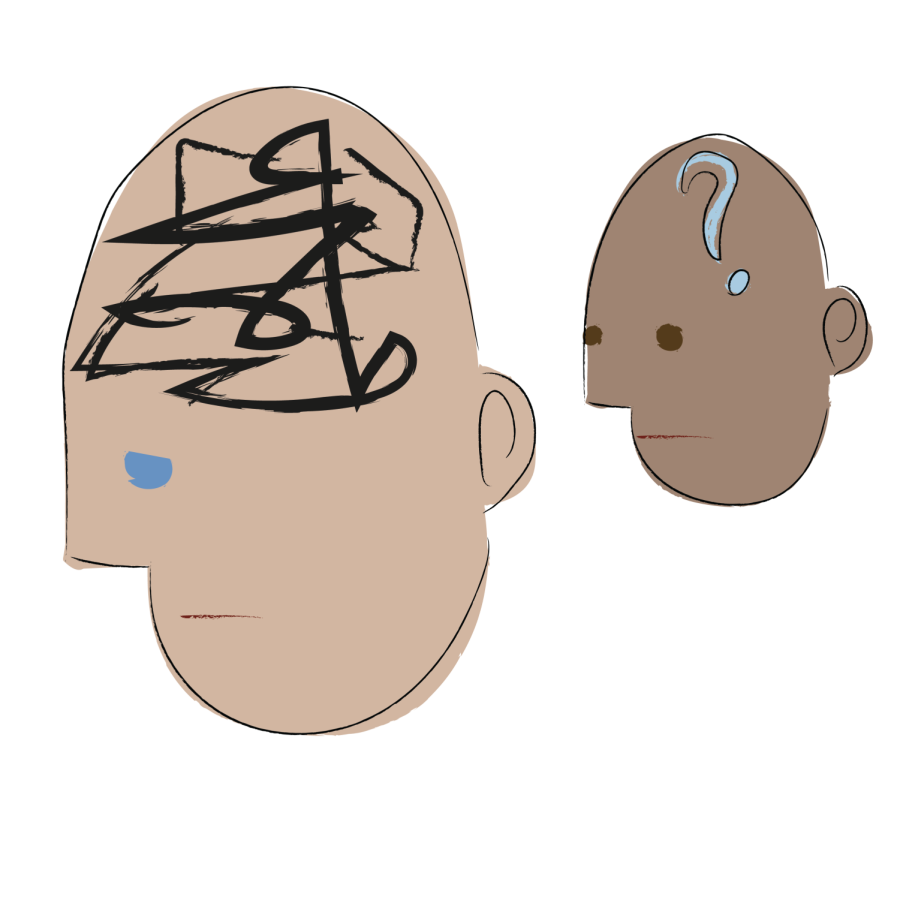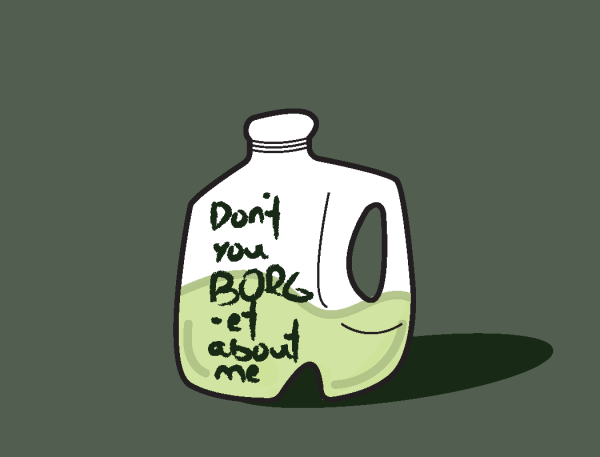mental health relationships (need headline)
December 4, 2019
Junior fashion merchandising major Olivia Humer and her best friend met during their freshman year at Kent State, but it wasn’t until they became roommates sophomore year when Humer noticed her friend was dealing with mental health issues.
Humer’s friend battles with anxiety and depression, which at times affects their friendship.
“Sometimes if we are texting or talking, she will stop responding and won’t answer for days,” Humer said. “At first, I was confused and thought she was just ignoring me, but I was just unaware.”
Outside of their friendship, her friend’s mental health issues also affects her social life.
“If we are out at the bar and she’s experiencing anxiety or depression, we sometimes have to leave in a rush,” Humer said. “Or if we are at home and have plans to do something, the same thing happens, and she just won’t go.”
Humer now has a better understanding of her friend’s wants and needs, but her initial reaction is common for people her age.
“College students are still developing their own sense of self and may not realize when others around them are experiencing mental health issues,” said Michele Gunn, a managing partner at counseling practice Live to Thrive, a professional counseling practice.
If someone has a friend who is experiencing mental health issues and doesn’t want to go out, the other person may see that as a rejection, when in fact the person just wants to stay in and keep to themselves, said Wendy Hogan, a managing partner at counseling practice Live to Thrive.
Mental health issues are common, and depending on the severity of it, may cause relationships to be affected differently.
“Mild mental health issues might not have much effect on a relationship, but moderate and severe would be fairly impactful,” said Barbara Deleone, a therapist and owner of counseling practice Caritas Counseling, LLC, a professional counseling practice. “When your mood is affected you can bring someone down with you.”
Mental health issues can affect relationships in different ways.
“A person can become more isolated, not interested in doing things with friends, less communicative with family and may impact motivation and energy levels,” Gunn said.
Close relationships, like romantic relationships, are more likely to be affected.
Not only is a couple dealing with the issues that any other type of relationship may deal with, but romantic relationships also have the added stress of intimacy problems, trust and communication, said Christina Hoehn-Shackelford, an outpatient licensed professional clinical counselor and owner of counseling practice Alma Via Counseling Services, a professional counseling practice.
The added stress can increase problems in relationships like communication challenges, decreased intimacy, increased conflict, one partner being distracted and increased substance use, said Gunn.
“This can lead to financial challenges, interfering with employment, lack of understanding from both parties, poor coping skills, substance use [which] can become problematic and create uncertainty and/or resentment in the relationship,” Gunn said.
If a partner is dealing with mental health issues, it can increase challenges for their family.
“Family members may feel responsible for the person with the mental illness, and perhaps the biggest challenge is taking care of their own mental health so that they do not start to suffer as well,” Hoehn-Shackelford said. “Family life can also become isolated, as social support and recreational options may decrease.”
There are many ways to support people with mental health issues.
Active listening and an increased education in mental health issues can help someone better understand what people deal with.
People should encourage their friends or partners to seek out treatment if it’s needed and not take on the problem as their own, said Hogan.
It’s important they surround themselves with trustworthy people who respect their needs and are willing to help.
“It’s important to have a strong support system in place to protect our mental health and to also support us if we are dealing with mental health issues,” Hoehn-Shackelford said.
Beyond learning more about the mental illness that a friend, family member or partner may have, it’s also important that people take care of their own mental health, she added.
Exercising, healthy eating and maintaining a normal sleeping pattern is essential to good mental health.
In addition, focusing on positive thinking and engaging in hobbies are ways people can better manage their mental health, said Hogan.
To make a relationship work, both parties should respect each other’s feelings and listen without making judgements.
“Treat people the way you want to be treated,” Deleone said. “People with mental health issues are just like everybody else; they just have something to do with their brain that makes their mood or behavior more challenging. If you have the gift of empathy, that’s the very best thing to offer to someone with mental health issues.”
Contact Andriana Ruscitto at [email protected].























